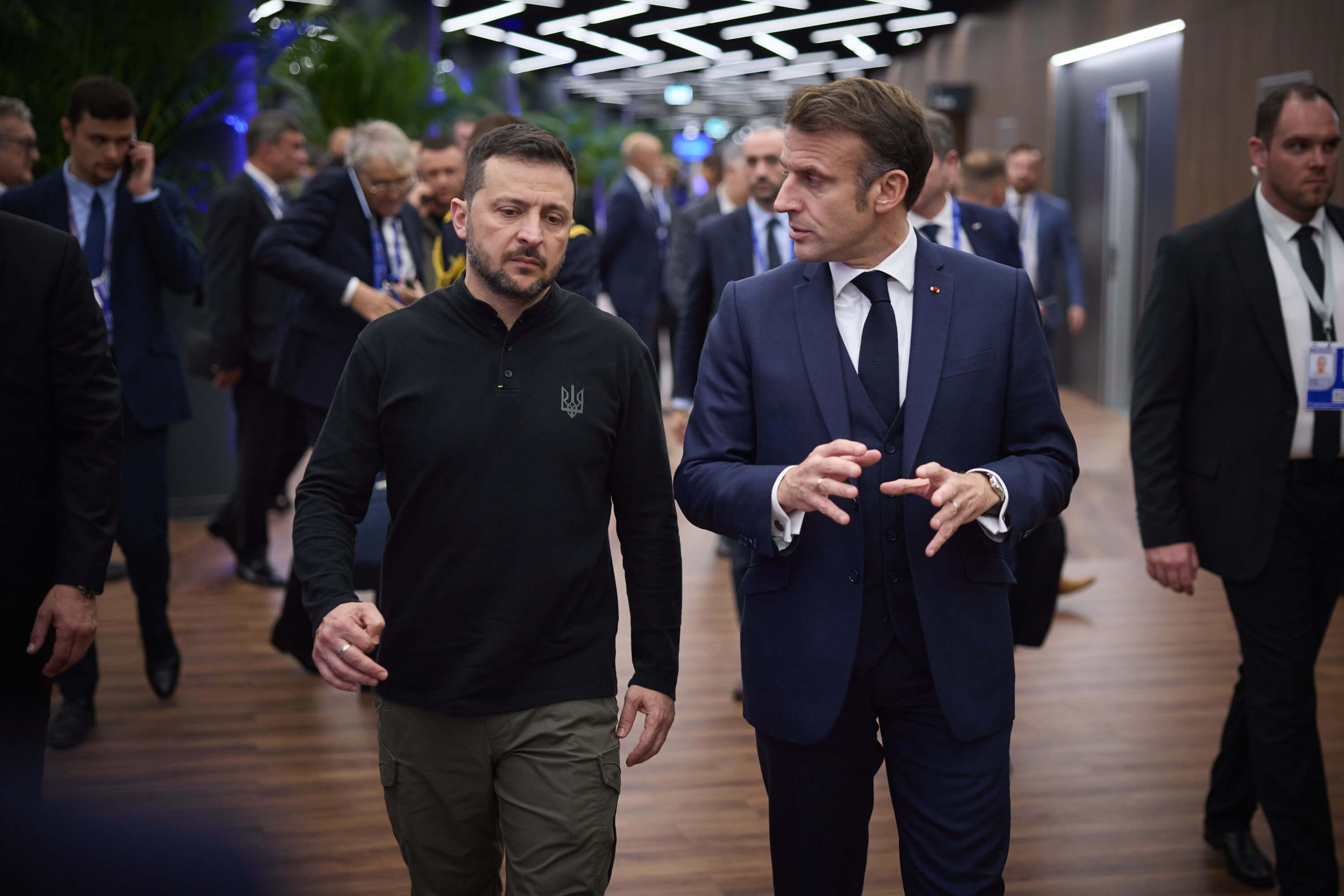After Donald Trump's victory, Kyiv has only a limited number of options to achieve its declared defence goals against Russian aggression.
This aligns with the previous views of the newly elected American president, who expressed suspicion about Ukrainian defence efforts and became enraged over American spending in support of Kyiv.
Above all, Trump's tendency and his open announcements that he plans to make deals with Vladimir Putin on peace in Ukraine are likely to mean that the leadership in Kyiv has little hope of achieving the goals on which it has based the defence of its country's sovereignty to date.
However, experience shows that the foreign policy actions of Donald Trump and his team should not be seen as deeply entrenched strategies that will remain unchanged when implemented. On the contrary, unpredictability is their main characteristic, and Kyiv has shown that it has long understood this.
Above all, Kyiv understands that the state's course after the electoral victory does not necessarily have to follow the foreign policy directions presented in the pre-election campaign.
The significance of the talks in New York
The decision of the President of Ukraine, Volodymyr Zelensky, to meet with Donald Trump in September in New York, at the end of the pre-election campaign, was a rational, statesmanlike move that presented a very pragmatic Kyiv’s approach to possible developments in the US.
Zelensky then received quite positive signals from what would turn out to be the future winner of the election. Should the Ukrainian leader have opted to meet solely with President Biden and Kamala Harris, his options would have been significantly limited today.
"We both want to see this end, and we both want to see a fair deal made," Trump said then after the meeting with Zelensky, adding that he "learned a lot" in the conversation with the Ukrainian leader.
This kind of rhetoric may be evidence of the substantial difference between the positions expressed in pre-election interviews and rallies and those in active politics.
Kyiv has a bad choice ahead of it if it relies on the past (verbal) records it has with Trump and his entourage when taking positions
Kyiv therefore has a bad choice ahead of it if it relies on the past (verbal) records it has with Trump and his entourage when taking positions. This situation is extremely concerning and leaves Ukraine with little hope of securing support for its goals.
Trump's (pre-election) claim that he can bring peace to Ukraine within 24 hours is crucial, a claim that even Russian officials have deemed unrealistic. There is also persistent resistance from Republicans in the US Congress to approving military and financial support for Ukraine.
There are also countless statements from Trump's entourage that the US should stop supporting Kyiv and Zelensky, including the post-election mocking of the Ukrainian president by Donald Trump Jr., who told Zelensky, "You're just 38 days from losing your allowance."
Space for pragmatic calculations
Nevertheless, Kyiv has the basis to make pragmatic calculations in the new circumstances in which the new American president will play a decisive role in the country's future.
Although the Republicans blocked congressional support for a large financial package of more than $60 billion for almost nine months, they did eventually approve it.
Kyiv knows that the Trump administration once approved the sale of Javelin anti-tank missiles to Ukraine, which could have played a crucial role in the early days of the Russian invasion in February 2022. It was a decision that the Barack Obama administration steadfastly refused to make.
The return of Donald Trump to the White House will inevitably bring changes to current strategies on Ukraine, not only American but also European and Russian
The return of Donald Trump to the White House will inevitably bring changes to current strategies on Ukraine, not only American but also European and Russian.
However, from the perspective of Ukraine and its defence objectives, these changes are not necessarily catastrophic, contrary to the widespread interpretation in the initial days following Trump's victory, particularly in Europe.
“I do not think that his presidency will be bad for Ukraine—maybe difficult, challenging, but not necessarily bad. Trump is a pragmatic businessman who thinks in terms of costs and benefits,” said Oleksandr Merezhko, head of the foreign policy committee of the Ukrainian parliament.
How to attract Europeans?
This indicates a change in style and approach, but not in the emphasis that Kyiv will place on its future relations with the government in Washington.
The course of change could involve less advocacy of the principles of international law and democracy, which Russian aggression completely destroyed, and more emphasis on a pragmatic approach where tangible interests take precedence.
 What lies ahead for Kyiv is an important effort to convince its European partners that it is necessary to maintain a partnership relationship with Washington, as has been the case so far
What lies ahead for Kyiv is an important effort to convince its European partners that it is necessary to maintain a partnership relationship with Washington, as has been the case so far
“We understand that with Trump, it’s not about philosophy. It’s not talking about a rules-based order. It’s about a very pragmatic approach,” said Hanna Hopko from the International Centre for Ukrainian Victory (an advocacy group) and a former member of the Ukrainian parliament.
Kyiv is showing that it is capable of adapting its strategies to the new circumstances following the US elections. After all, the fact that President Zelensky endured Trump's derogatory remarks about Ukraine and Zelensky personally during the election campaign testifies to this.
What lies ahead for Kyiv is an important effort to convince its European partners that it is necessary to maintain a partnership relationship with Washington, as has been the case so far.
Kyiv has the chance to dictate this common approach with Europe towards pragmatic solutions, as it will dominate the future agenda at the negotiating table.